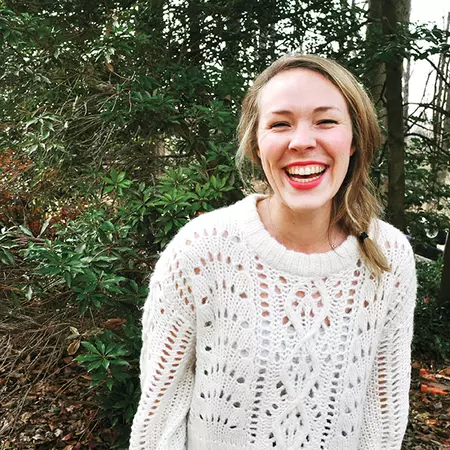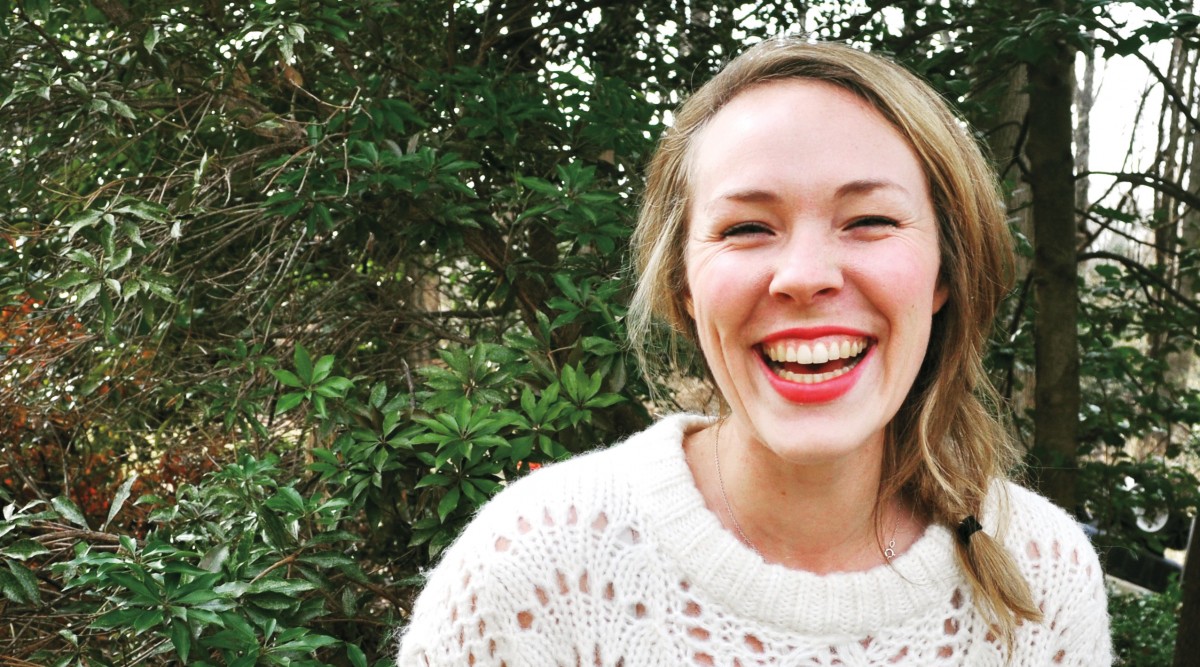Sarah Webb ’12 still vividly remembers her visit to a hospital in Namibia’s Caprivi Strip as a student eight years ago, where she met HIV-positive mothers with newborn babies who were also infected.
Namibia has one of the world’s highest rates of HIV prevalence, and while work is being done to treat the nation’s HIV-positive population, the disease is still the country’s leading cause of death.“It’s really painful to see, in person, the severity of illness in an area that just doesn’t have access to care,” she says.
The visit was part of a field school led by Rachel DeMotts, a professor in the Environmental Policy and Decision Making Program, as an extension of her People, Politics, and Parks class. In Namibia, Sarah and three other students examined the connections between local residents, parks, and tourism, and the ways that natural resource management policies affect health care, specifically by isolating communities. Traveling to the rural hospital to deliver donated supplies and speaking with the patients there changed the course of Sarah’s life. Her focus shifted from Washington, D.C., politics to international health care.

“That experience, combined with talking with people in the community about lack of access to health care in remote settings, really made me interested in that as an ongoing focus,” she says.
Nine months after returning from Namibia, Sarah earned her bachelor’s degree in politics and government and moved to rural India to teach elementary school for a year. Afterward, she held positions at numerous international nonprofit organizations dedicated to education and women’s health. Most recently, she was the program director for Asia and Latin America for Days for Girls International, a nonprofit that aims to empower women through sustainable menstrual care and health education.
While working at these nonprofits and effecting change at a local, grassroots level, Sarah noticed problems both in the management of stateside offices and the long-term implementation of programs abroad. She decided she could do more by impacting policy. She enrolled at Johns Hopkins University to earn her Master of Business Administration and Master of Public Health, and expects to receive her degrees next spring.
“If you had told me five years ago that I would end up in an M.B.A. program, I probably would’ve laughed and looked at you like you were crazy,” she says. “But after seeing these really great organizations that have really passionate and talented leaders but no business experience, I wanted to make sure I have that business expertise and those management skills in order to continue that social impact work and maybe make it a little bit more sustainable.”
Sarah plans to continue working in the field of international women’s health, with a focus on advocacy and implementation of long-term, systemic change. “I’m really interested in how we can get better government buy-in and health systems buy-in in addressing women’s health issues,” she explains. “At the end of the day, if you implement one or two successful programs, that’s great, but until the government actually begins creating policy and advocacy change, it’s not going to scale up effectively.”
